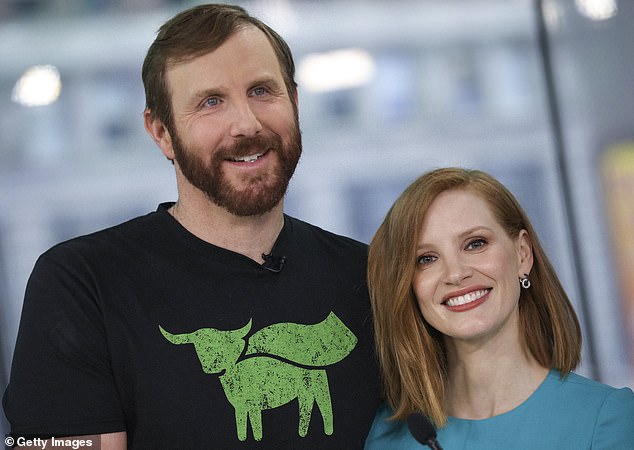Once hailed as the poster child of the plant-based food revolution, Beyond Meat is now facing a harsh reality on Wall Street.
The company, which was once valued at $7.8 billion, is now teetering on the brink after investors rejected its latest plan to manage its debt.
The struggles of Beyond Meat aren’t just about one company — they highlight the growing pains of the entire vegan food industry, from limited consumer demand to high prices and challenges in replicating the taste and convenience of real meat.
Stock Plunges After Debt Plan
Beyond Meat’s stock plummeted 50 percent on Monday following its announcement to swap old debt for new loans and issue hundreds of millions of new shares.
While this move gives the company more breathing room to cover its bills, it also dilutes ownership, leaving current investors with smaller stakes.
This latest drop comes just two weeks after another major fall.
On September 28, the stock crashed 35 percent when the CEO asked investors for additional funding.
Between the two declines, Beyond’s market value has shrunk to a mere $79 million, a fraction of its former glory.
The Rise and Fall of a Plant-Based Pioneer
Beyond Meat first hit grocery shelves in 2013, promising a burger that tasted like beef without harming animals.
Packages of two patties, featuring the brand’s iconic green cow mascot, quickly became popular with consumers willing to pay $8 to $10 for a plant-based experience.
With celebrity endorsements from Kim Kardashian and Nicole Williams-English, Beyond Meat captured the imagination of the public and investors alike.
Its playful branding and approachable marketing helped it stand out from competitors like No Evil Foods or Simulate.
Hype Meets Harsh Reality
When Beyond Meat went public in 2019, its stock soared more than 350 percent amid a plant-based craze.
Fast-food chains jumped on board: McDonald’s tested Beyond patties, Burger King launched the Impossible Whopper, and Dunkin’ introduced a Beyond breakfast sandwich. Investors bet big on a meatless future.
But the enthusiasm didn’t last. McDonald’s and Dunkin’ eventually dropped their plant-based offerings after disappointing sales, leaving Burger King as the only major chain still carrying a meatless option.
Industry Challenges Bite Back
Experts say Beyond Meat’s struggles stem from taste and texture issues, high pricing, and perceptions of being ultra-processed food.
Jerry Thomas, CEO of Decision Analyst, told the Daily Mail, “The chances of the company surviving are meager.”
Investors have been cautious because debt-relief strategies like issuing new shares have failed before.
For example, Nikola, the electric truck startup, attempted a similar move in 2023 and ultimately collapsed.
Analysts predict Beyond Meat could face a comparable outcome if it fails to turn the tide.
Consumer Skepticism Remains
Neil Saunders, managing director at GlobalData, explained that while there’s a market for fake meat, consumers remain skeptical.
“Beyond Meat is not living up to its own hype.
Many see the category as highly processed rather than natural, which limits its appeal.”
With $800 million in debt and a brand that once symbolized the future of food, Beyond Meat now faces an uphill battle to regain investor and consumer confidence.
Looking Ahead
For Beyond Meat, the next few months will be critical.
Will the company pivot successfully to meet taste, affordability, and convenience expectations, or will it join the growing list of high-profile companies that failed to survive the pressures of Wall Street and consumer scrutiny? Only time will tell.
Beyond Meat did not immediately respond to requests for comment.
Share on Facebook «||» Share on Twitter «||» Share on Reddit «||» Share on LinkedIn
